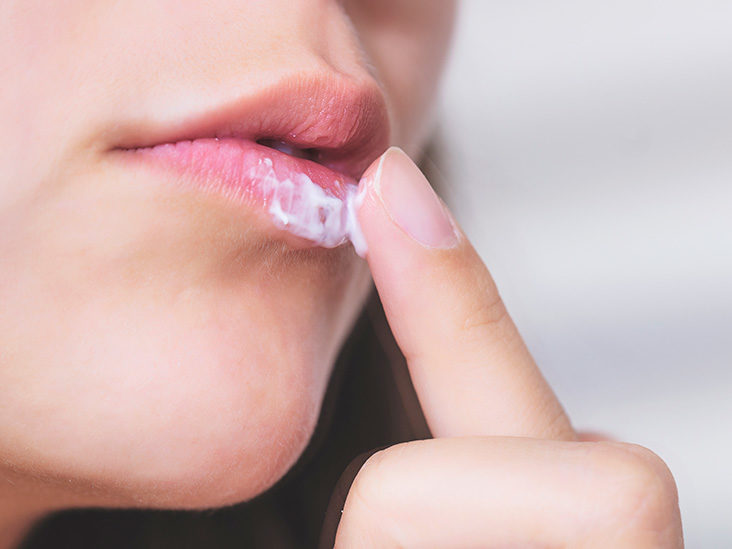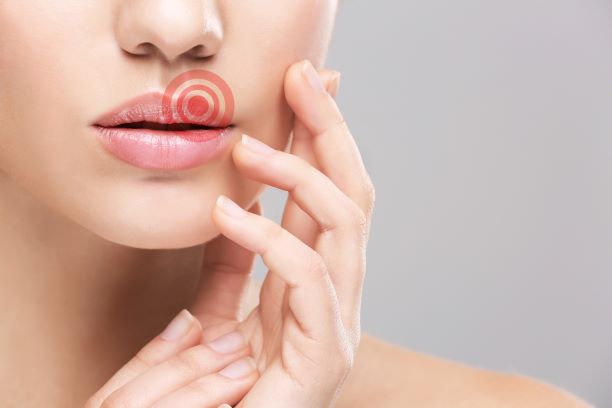Avoid Sharing Cold Sore Symptoms With Other People

A child who has cold sores often has blisters on his or her lips, mouth, and genitals. Blisters will enlarge and may leak fluid or crust over. Usually, cold sores do not cause complications. However, in some cases, cold sores can spread to other parts of the body. Therefore, it is important to prevent spreading the virus by avoiding kissing and sharing with other people.
The first stage of a cold sore outbreak is characterized by tingling, itching, and soreness. In some cases, the first stage is only present. After this, a small, fluid-filled blister will form on the lips, nose, cheeks, and mouth. Once the blister breaks open, it will be crusted over with a scab. The scab may crack and bleed, and you may experience fever and muscle aches.
The pain and discomfort caused by cold sores can be relieved by topical creams, over-the-counter medications, and oral medication. In severe cases, a doctor can prescribe antibiotics. Some medications may help reduce pain and speed healing. It is also recommended to use a cold sore patch to protect the affected area. Children may need to stay home from school or child care, while some may need to attend school. When a child is in this phase, they should stay at home as much as possible to avoid the infection.
The first stage of a cold sore outbreak is characterized by tingling, itching, and soreness. In some cases, people with cold sores only experience the first stage. In the second stage, small, fluid-filled blisters will form on the lips, nose, cheeks, and eyes. These blisters can spread to other parts of the body, so it is important to wash your hands frequently.
Cold sores are not harmful, and they can be treated with over-the-counter medications. They may help relieve pain and reduce the length of the outbreak. They are not dangerous, but they can cause infection. If you think you have a cold sore, you should not kiss or touch the affected area. Although they are not infectious, if you touch someone who has a cold sore, they can spread the virus.
To reduce the pain, you can use over-the-counter pain-relieving creams or oral medications such as acetaminophen. It is also important to avoid the sun, which can cause cold sores to appear. You should also avoid touching babies and other people who have cold sores. As much as possible, avoid contact with people with active genital herpes. A few simple precautions will prevent a cold sore outbreak.

Over-the-counter pain relievers can help you manage your pain and reduce your risk of relapse. Applying these drugs to the affected area can help minimize the duration of the outbreak. They should not be shared with other people. In addition to reducing pain and discomfort, over-the-counter medications can also help prevent an outbreak from spreading to other parts of the body. Despite their many benefits, they should not be used to treat herpes.
During the first stage of a herpes outbreak, you may experience tingling and soreness in your lips and other parts of your body. In the second stage, you may experience pain, swelling, and discomfort. During this time, you should avoid kissing people who have herpes. You should also avoid touching your eyes. It’s important to wash your hands frequently and avoid contact with other people if you have herpes.
Antiviral creams can also be applied to the wound. These creams contain analgesics and can help relieve pain and discomfort during a cold sore outbreak. Although they are not a cure for herpes, they can help shorten the duration of an outbreak and prevent it from recurring. It is important to wash your hands regularly and keep these products out of the reach of others. The medications listed on the site https://www.saludremediosar.com/
can also help prevent herpes from recurring.
It is important to get proper medical care for herpes. There are several causes for this condition and it is important to visit your primary care physician to get a proper diagnosis. The doctor will do a skin scraping to obtain samples of the ulcer and examine them for signs of the virus. Often, in severe cases, an intravenous antiviral agent is required. Once you have diagnosed the cause, treatment will depend on the severity of the outbreak.

